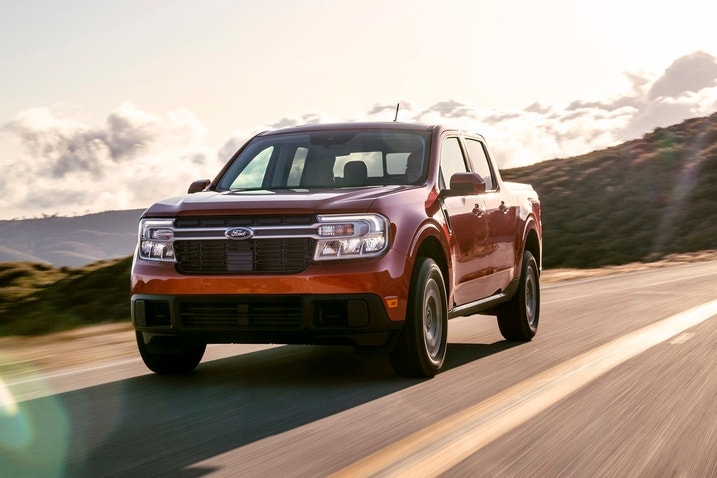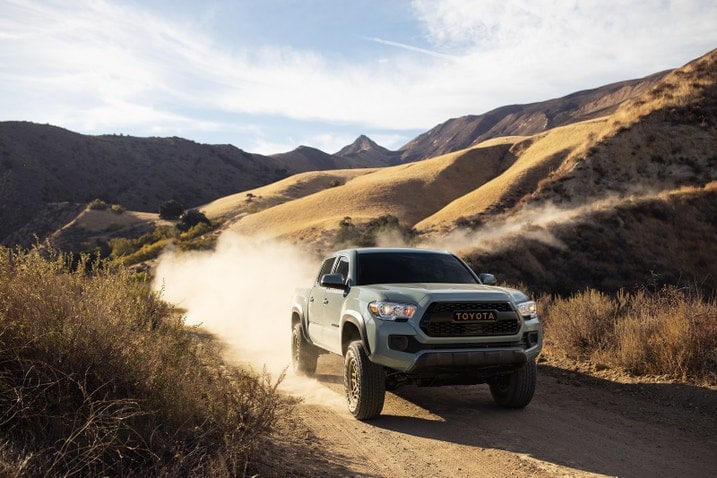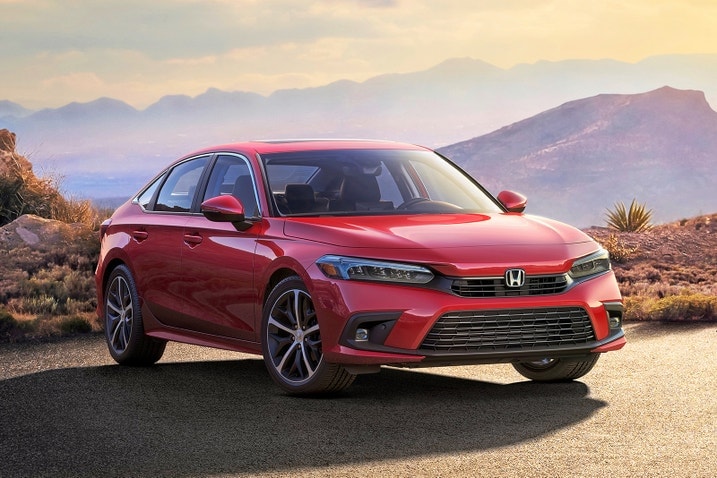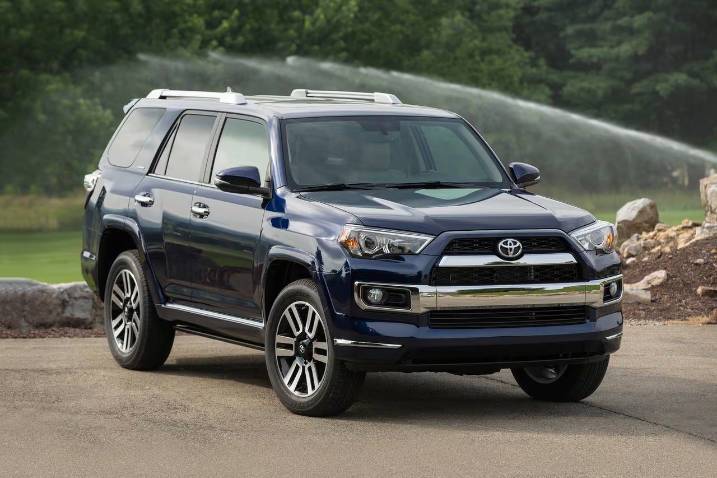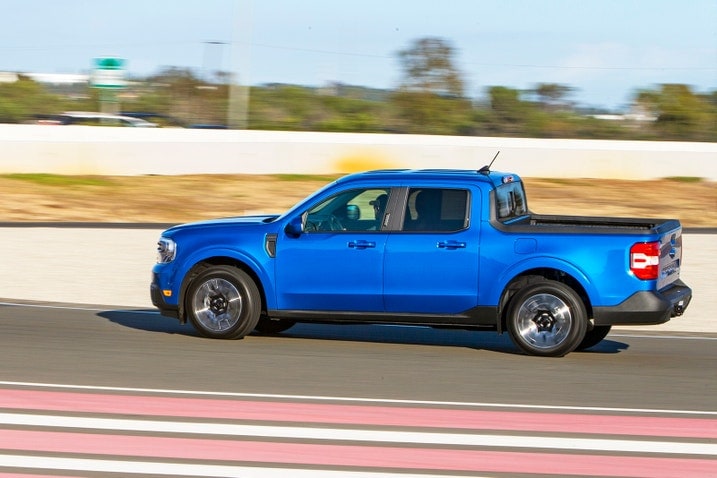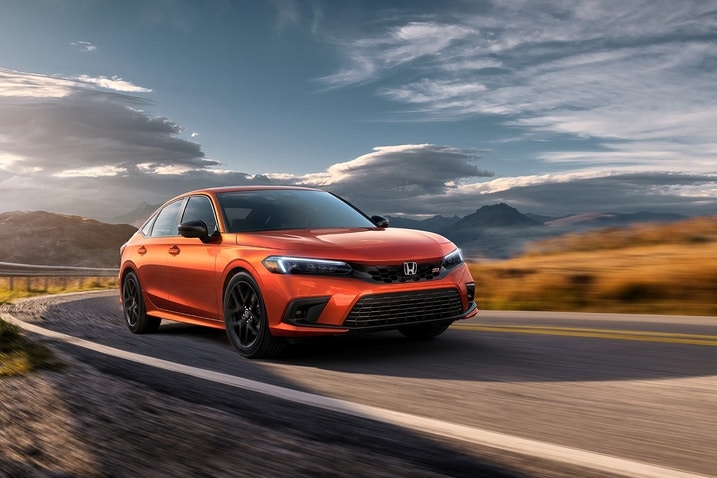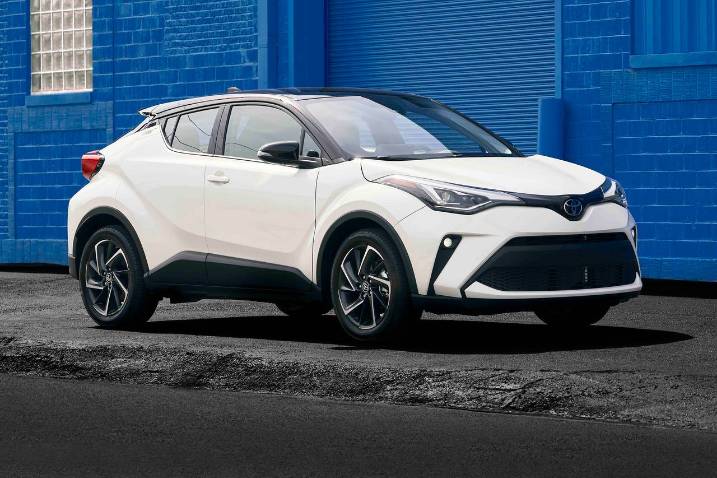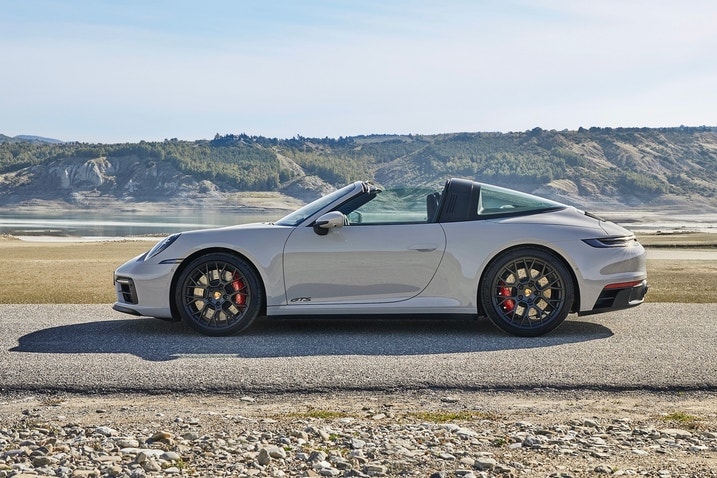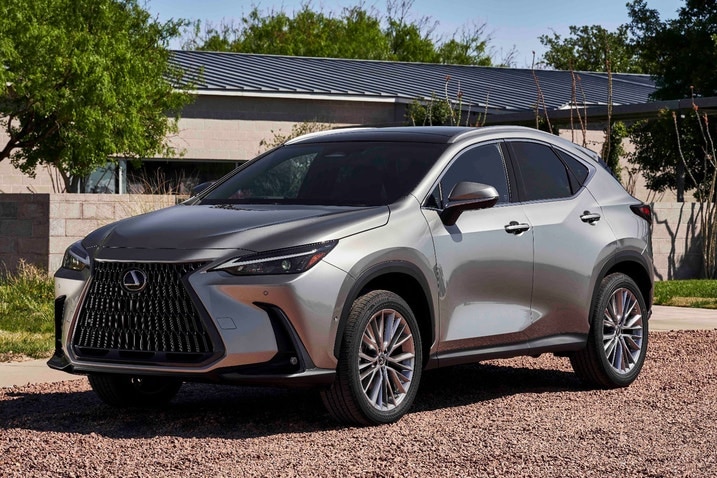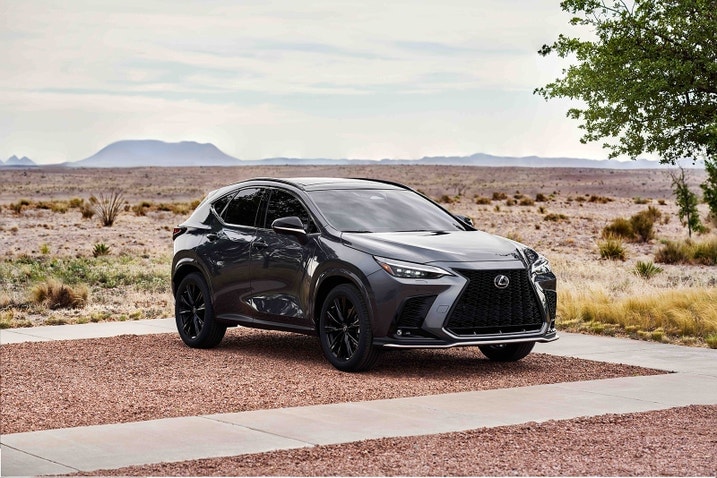Depreciation, the process by which an item loses value over the years, is an unavoidable reality for the vast majority of mass-produced automobiles, but not all of them lose value at the same pace. Condition, mileage, brand reputation, model desirability, and even cost of ownership can influence how quickly a given vehicle depreciates. As we’ve seen in recent years, external factors such as interest rates and market demand can also play significant roles.
With this in mind, we've gathered a list of the best resale value cars and trucks at varying price points. We'll also discuss the factors that can cause a vehicle to lose its value or hold its value better over time.
The vehicle with the best resale value today is the Porsche 911. According to Edmunds sales data comparing original MSRPs from 2022 to current average transaction prices, the iconic sports car has retained approximately 98% of its original value over the course of three years of ownership.
That’s certainly impressive value. But not everyone can afford a 911, and despite its relative versatility, it also won’t meet the varied needs of different buyers. Our runner-up — the Ford Maverick — might be a better fit for a wider group of folks. Over three years of ownership, the popular compact pickup has retained 90% of its original value, making it a particularly desirable choice for those who need the utility of a truck paired with the drivability and efficiency of a small sedan.
Jump to:
Cars that hold their value the most (regardless of body style)
What's the secret to cars that hold their value?
What causes a car to have bad resale value?
Best resale value cars and trucks (non-luxury)
Affordable cars that hold their value
Luxury cars that hold their value
Cars that hold their value the most (regardless of body style)
1. Porsche 911 — three-year retained value: 98%)
2. Ford Maverick — three-year retained value: 90%)
3. Toyota Tacoma — three-year retained value: 89%)
4. Honda Civic — three-year retained value: 88%)
5. Toyota 4Runner — three-year retained value: 88%)
6. Toyota Corolla Cross — three-year retained value: 87%)
7. Toyota Sienna — three-year retained value: 86%)
8. Toyota Corolla Hatchback — three-year retained value: 86%)
9. Toyota RAV4 Hybrid — three-year retained value: 85%)
10. Toyota RAV4 — three-year retained value: 85%)
What's the secret to cars that hold their value?
Regarding the keys to a good residual value car, here are a few factors that the vehicles have in common:
- No heavy incentives (when new): Automakers generally do not offer significant incentives for high-demand vehicles. Big incentives can not only negatively affect a vehicle's perceived value in the secondhand market, but they can also saturate the market with a particular model, which naturally reduces demand in turn.
- No selling to rental fleets (when new): Like incentives, fleet sales can create an excess supply of a given model on the secondhand market, which naturally eases demand and drives resale values down for all used examples of that model.
- Reputation for reliability: Perceived reliability can significantly influence the rate at which a vehicle depreciates. The more reliable a car is perceived to be, the longer it will retain its value.
- Continued strong new sales — or even the discontinuation of a niche yet popular product — can help with residual values. Both of these circumstances can negatively affect supply, which enhances demand and increases value.
What causes a car to have bad resale value?
- High MSRP (when new): Vehicles with high MSRPs tend to be more costly to maintain than less expensive models. This expected maintenance cost can scare off potential buyers and reduce demand.
- Heavy incentives (when new): Big incentives can not only diminish a vehicle’s perceived value in the used car market, but they can also flood the market with a specific model, which in turn naturally lowers demand.
- Commonly sold to rental fleets: Similar to incentives, fleet sales can lead to an oversupply of a particular model in the used car market, which naturally reduces demand and pushes down the resale value for all used units of that model.
- Luxury vehicles: "Luxury buyers typically want the newest vehicle with the newest technology," said Ivan Drury, director of insights for Edmunds. And when you factor in high original MSRPs and a lease-heavy sales percentage, luxury vehicles tend to quickly fall in value, Drury added.
- Electric vehicles: Electric cars tend to have higher prices, which impacts their resale value. Many used-car shoppers are also uncertain about their powertrain longevity, which is also a contributing factor.
- Poor reliability: A vehicle with a reputation for frequent issues reduces buyer confidence and lowers demand in turn.
- Bizarre styling: An unconventional design can limit a vehicle's appeal and make it appear outdated sooner than other models in its class.

